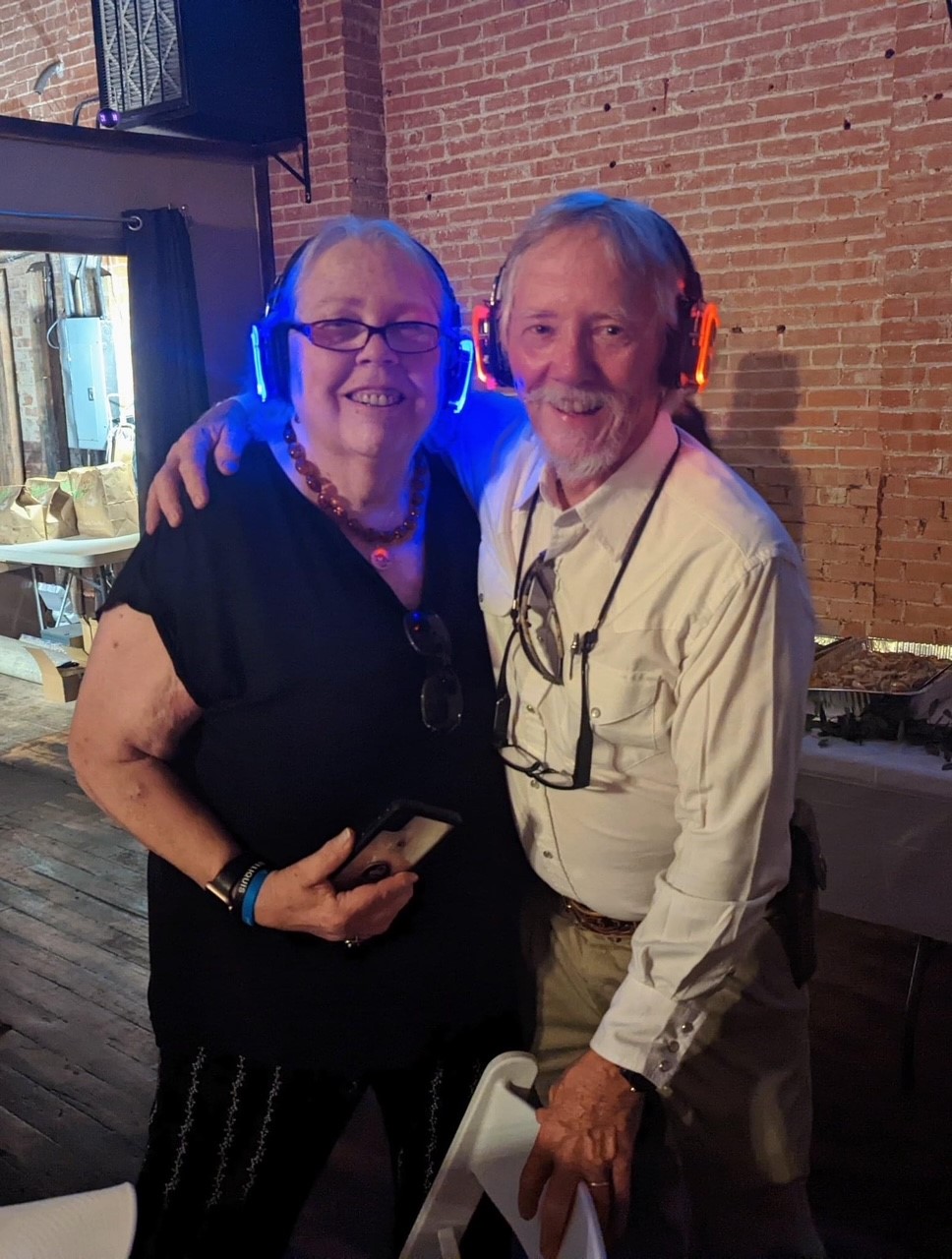AARP Hearing Center

Research, resources, and a strong support network can make caregiving journeys easier. But when my wife was struck with Stage Three breast cancer, I learned about something many spousal caregivers must face: gnawing fear.
Authorities on aging agree that many people stumble into caregiving roles to find themselves daunted by problems that defy solutions. I thought I would be an exception.
Fear proved me wrong.
Over the past 30 years, I’ve often researched and written about caregiving. I steeped myself in the policy, statistics, and experiences of family caregiving, first as a journalist, then as communications director for the Florida Department of Elder Affairs, and as communications manager for AARP in America’s grayest state. I also served as my mother’s primary caregiver through failing health, dementia, and final illness in 2007.

Yet I wasn’t ready for the bleak news my wife, Linda, and I received in November 2012. Linda had Stage Three breast cancer – meaning that not only was the tumor in her left breast cancerous but also that cancer had spread at least as far as the lymph nodes under her left arm. If the cancer spread further, it would be considered terminal.
The diagnosis loomed, grim as doom. Her first words to the doctor showed how scared she was: “I knew something would get me, but I didn’t think it would be this,” she blurted.
“Nothing’s gotten you yet, Swedie,” I replied quickly (my wife’s family has Swedish roots; I have a chronic weakness for bad puns). “Hang in there, we’ll get through this.”
I followed the pattern of that first reaction, putting on a brave face for her. I stressed that according to the American Cancer Society, eight of 10 women diagnosed with Stage Three breast cancer are still alive five years after diagnosis. Four out of five is pretty good odds, I told her.
I ticked off other things she had going for her. She was in reasonably good health otherwise. We worked out regularly, had excellent healthcare coverage through AARP’s employee benefits, and had put aside enough savings to more than cover our expected out-of-pocket expenses.
Also, the treatment of breast cancer has come a long way in recent years. Science is turning some cancers into chronic rather than terminal conditions, with which some patients live for decades.
Also, my family includes eight physicians, including my brother. During other family illnesses, I’d seen firsthand the magic that occurred when our medical kin interceded. Insider knowledge helps.
But my confidence was just skin-deep. Inside, I was terrified of losing my wife to this awful disease.
We met while working as reporters for a South Florida newspaper, and quickly found a groove that is going strong after 42 years. Our marriage has always looked nearly effortless, even to us. Linda has been my greatest blessing and a source of courage in every other part of my life.
Losing a parent is hard. But with Linda, I had given fate a hostage who was the foundation of my world.
Spousal loss is a critical issue in cancer treatment, especially for men. Spousal loss makes you six times more likely to fall into depression in late life than before the loss, according to a National Institutes of Health study. There are huge impacts in every part of life – physical health, mental health, finances, and for many men, social isolation. That last part could have been written for me – I’ve always been an introvert, far more comfortable around dogs and horses than people.
Throughout Linda’s cancer treatment, the fear would sneak up on me – doing barn chores, commuting home, or on long plane rides while traveling for work. My brain would race. My gut would churn. I gritted my teeth and endured it.
Nights were the worst. I would wake around 3:00 a.m. a couple of nights a week, staring into the blackness, wrestling with fear. Sometimes I went back to sleep. Sometimes I lay there, fighting the fear that the other side of the bed could soon be empty.
We got lucky. A mastectomy, intensive chemotherapy, and radiation treatment held her cancer at bay.
During the difficult times of her chemo treatment, I focused on caregiving. (If you or a loved one is facing breast cancer or any other crisis involving caregiving, invest a couple of hours with AARP’s excellent resources at www.aarp.org/caregiving. It will pay off.)
I honed my rudimentary cooking skills, took over household chores, told bad jokes, gave foot and back rubs, went with her to appointments, took notes, and supported her in every way I could. We had advance care directives and care plans in place, just as AARP advises.
But years later, after five- and then 10-year scans found her cancer-free, I realized I had missed opportunities to care for myself. If I’d broken through my reserve and reached out to other caregivers, or joined a support group, facing the fear may have been easier.
Caregivers, remember to take care of yourself, too. You’ll need every ounce of strength you can find.































































